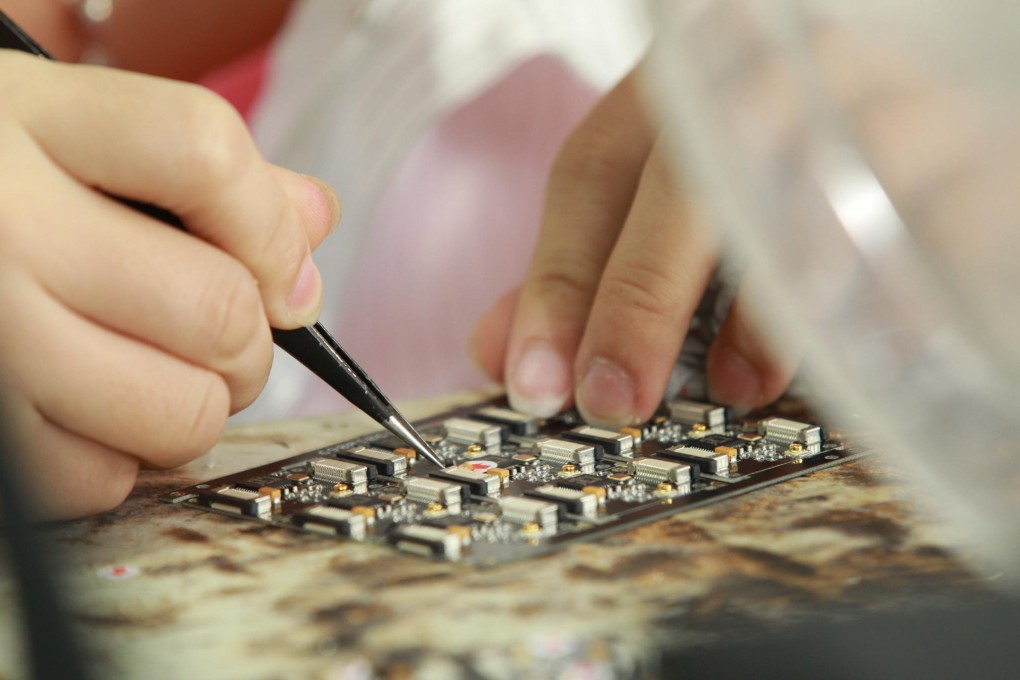Hopes high for gadgets of tomorrow
The next tech sensation could be hatched just across the border in Shenzhen

Not so long ago, if you wanted a cheap knock-off iPhone or accessory, or a part for anything electronic in Shenzhen, Huaqiangbei district was the place to go. But its notorious reputation is changing because of a growing cluster of electronic hardware start-ups developing smart devices.
This trend is driven in part by accelerators such as Highway1 and HAXLR8R (pronounced Hack-celerator), which have been running so-called boot camps to help start-ups tap into the enormous components supply network in Shenzhen and bring their inventions to market more quickly.
"You can get access to small and medium-sized factories producing electronics, plastics, materials and mechanics, which help companies to make prototypes faster and cheaper than anywhere else on the planet," says Cyril Ebersweiler, managing director of HAXLR8R.

"Also, you are actually prototyping with components being used at scale, which means that you can move from prototyping to actual manufacturing in a very efficient way."
Twice a year, HAXLR8R selects 10 applicants from around the world to join an intensive programme based in Shenzhen. Each start-up receives US$50,000 in seed funding, plus mentorship and office and workshop space to develop prototypes.
HAXLR8R is spread across two floors of a commercial building, a warren of spartan rooms where workbenches share space with a coffee machine and an electric guitar.